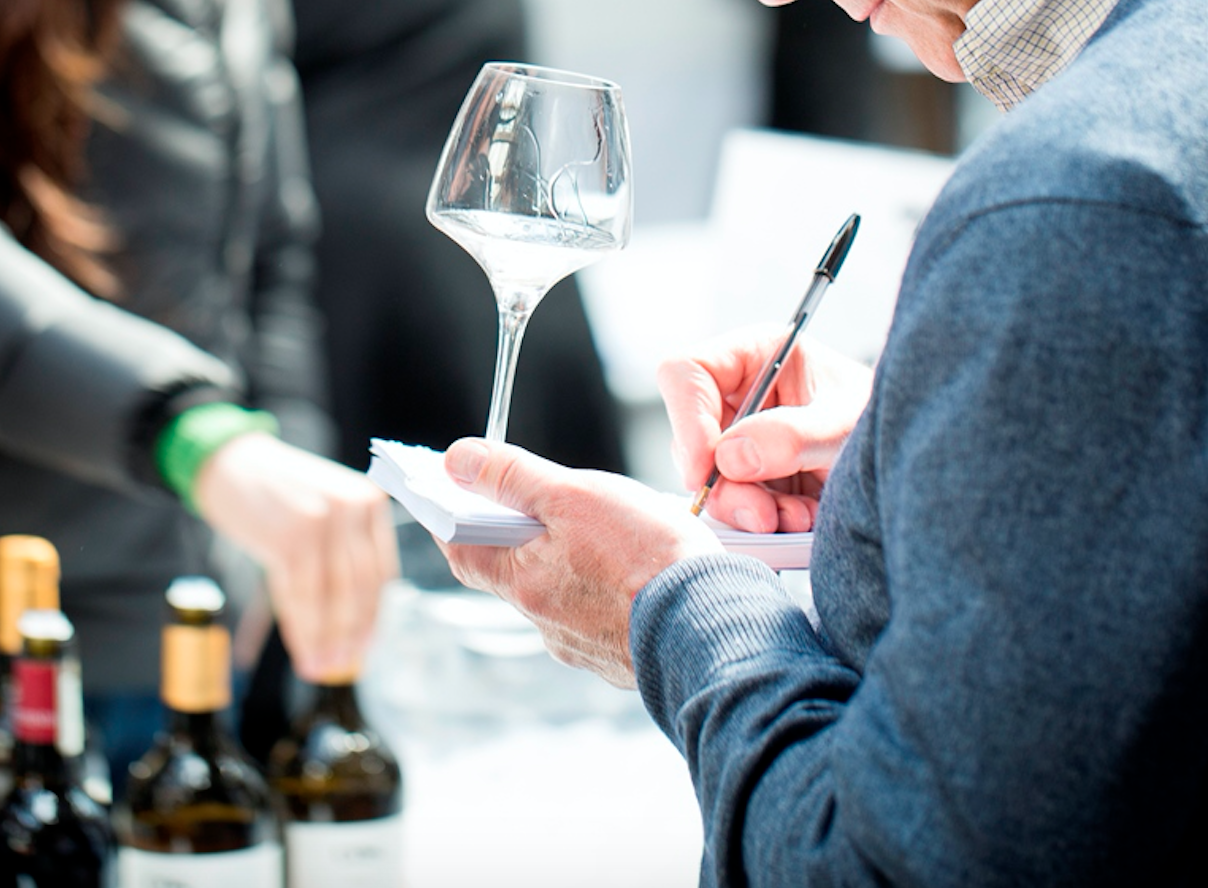
I stopped writing tasting notes years ago – not sure whether it was out of laziness or ennui, or whether it suddenly simply seemed trite to reduce a wine to the skeletal components of colour, primary smell and a ten-second-sip, and thereafter raid the alms-basket of language to uncover rare fruits – limes, lemons– but, hey, if a wine dealt you lemons they had to be Meyer…
The more tasting notes I wrote the more Sauvignon began to sound like Verdicchio, which in turn was like Vermentino, and that the tasting note tropes arose partly from my infinite lack of descriptive variety and partly because the wines were effectively homogenous, the products of manufacturing techniques (cold ferments) that exalted certain characteristics (bubblegum, boiled sweets, cultured yeasts). The je ne sais quoi of terroir had no place in these Dulux tasting note schemes and discerning whether the flavours in a wine reminded one of a lemon or lime fruit pastille was, to quote Dr Johnson, “to settle the point of precedency between a louse and a flea”.
And oh the mental sinews that are strained to bring forth copious descriptions! Often the shallower the wines the more pelagic the prose, whilst the more attempts at differentiation the more the wines sound the same. The artifice of the exercise shows over and again that language is an imprecise mechanism to chart the inner workings of wine.
The note-taker may be thus: the avid faithful recorder, human equivalent of blotting paper, churning out instantaneous descriptors as he or she experiences the wine; another method is to scribble shorthand signposts at the time that will bring you back to the wine later on (when emotion may be recollected in tranquillity), or, finally, one may enjoy the wine by not straining to find it (because you are not trying to encompass it in a single moment) and then revisit the experience when the moment is right. The element of enjoyment is what distinguishes the second from the third approach, that idea of jettisoning critical utensils. Wine appreciation transcends methodical tasting note inscription in that it is not remembering the minutiae of flavour – whether the wine tasted exactly of boysenberries or ugli fruit, but re-engaging with the emotions experienced at the time.

